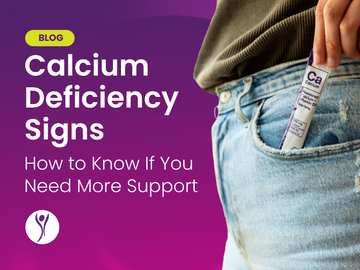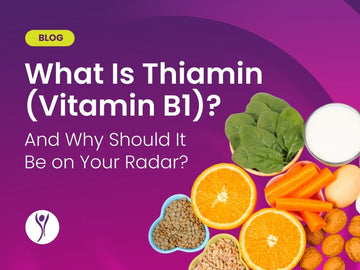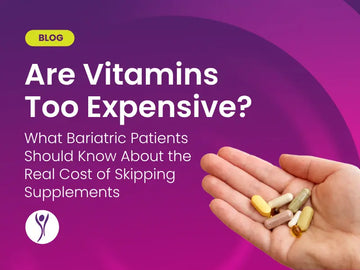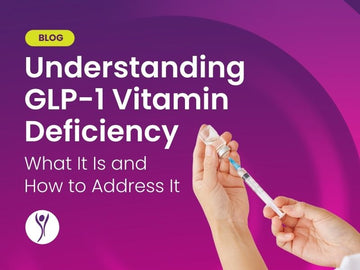The Importance of Quercetin
 Quercetin is a flavanol, one of six subclasses of
flavonoids found in plants. Flavonoids are what produce the pigment in many fruits
and vegetables. You can find them in capers, peppers, onions, shallots, asparagus,
cherries, tomatoes, red apples, red grapes, broccoli, kale, red leaf lettuce,
berries, tea (green and black), various nuts, and even some medicinal botanicals.
Quercetin is a flavanol, one of six subclasses of
flavonoids found in plants. Flavonoids are what produce the pigment in many fruits
and vegetables. You can find them in capers, peppers, onions, shallots, asparagus,
cherries, tomatoes, red apples, red grapes, broccoli, kale, red leaf lettuce,
berries, tea (green and black), various nuts, and even some medicinal botanicals.
As one of the most abundant antioxidants in our diet, quercetin is more potent than vitamin C, vitamin E, and beta carotene. An antioxidant is a compound that can bind and neutralize free radicals. Free radicals damage cell membranes, tamper with DNA, and even cause cell death. Quercetin is linked to several health benefits, including reduced risks of heart disease, cancer, degenerative brain disorders, and inflammation.
Why Do People Take Quercetin?
Those who eat a high-in-quercetin diet or take quercetin supplements do so to boost immunity, fight inflammation, combat allergies, aid in exercise performance, and maintain general health.
Research has shown the high levels of free radicals in the body may activate genes that promote inflammation. While some inflammation is good to help the body heal and fight infection, too much inflammation links to certain cancers and heart and kidney diseases.
An eight-week study had 50 women with rheumatoid arthritis take 500mg of quercetin a day. Those not given the placebo experienced significantly reduced early morning stiffness, morning pain, and after-activity pain. Doctors also noticed that it had reduced inflammation markers such as tumor necrosis factor-alpha. While these findings are fascinating, more human research is necessary to come to a definitive answer on whether quercetin effectively treats inflammation.
Easing Allergy Symptoms
In test-tube studies, quercetin prevented immune cells from release histamines (chemicals that cause allergic reactions). Researchers believe quercetin may help/act as an antihistamine, but more research is required.
One study in mice found that taking quercetin supplements suppressed peanut-related anaphylactic reactions. Still, as mentioned, more research is needed to know if quercetin will have the same effects on humans.
Reducing Blood Pressure
High blood pressure raises the risk of heart disease, the leading cause of death in the United States. In test-tube studies, quercetin appeared to have a relaxing effect on blood vessels.
A review of 9 human studies in 580 people found that taking more than 500mg of quercetin in supplement form daily reduced systolic and diastolic blood pressure by an average of 5.8mm Hg and 2.6mm Hg, respectively.
Quercetin also appears to protect against damage caused by bad cholesterol. Population studies show that people who eat diets high in flavonoids have lower cholesterol than those who don’t.
Evidence suggests that quercetin may also reduce the risk of atherosclerosis or plaque build-up in the arteries, leading to heart attack or stroke.
Preventing Infections
Quercetin has antibacterial properties, effective against almost all types of bacteria, such as those linked to the stomach and intestines, skin, respiratory system, and urinary tract. Research also suggests that quercetin may fight off viruses, such as adenovirus, herpes simplex virus, Japanese encephalitis, and respiratory syncytial virus.
Quercetin Review
In review, quercetin is an abundant antioxidant found in many fruits, vegetables, grains, wines, and teas. Its antioxidant properties play an essential role in helping your body combat free radical damage linked to chronic diseases like cancer and heart disease. Overall, research suggests quercetin may help treat allergies, fight inflammation, and reduce blood pressure and your risks of heart disease.
While more studies are needed to confirm the beneficial effects of quercetin, there’s not much stopping you from taking quercetin supplements now. There are very few side effects to quercetin supplements. In large doses, it may cause headaches, stomachaches, or tingling sensations. Ingesting quercetin naturally, through food, is safe for everyone. However, supplements are not recommended for those who suffer from a liver disorder or are pregnant or may become pregnant.
ProCare Health’s Mag-D
Check out ProCare Health’s new supplement, Mag-D! This immunity support complex capsule is great for everyone, not just bariatric patients. It contains vitamin C, vitamin D3, calcium (helps D3 absorb), magnesium, zinc, copper, and quercetin.
Believe it or not, 50% of all Americans suffer from magnesium, zinc, and vitamin D3 deficiencies. Combat that today and boost your immune system so it can fight off everything life has to throw at it.
Take this as an opportunity to boost your quercetin levels. Most people prefer to take supplements, along with a healthy diet, because quercetin has poor bioavailability. That means your body absorbs it poorly. Supplements that include compounds like vitamin C increase absorption rates within the body, so it is often included in quercetin supplements.
For more information about our services and what other products we provide, check out our website. We’re here to help, so drop on by and maybe try ProCare Health’s Mag-D today!











